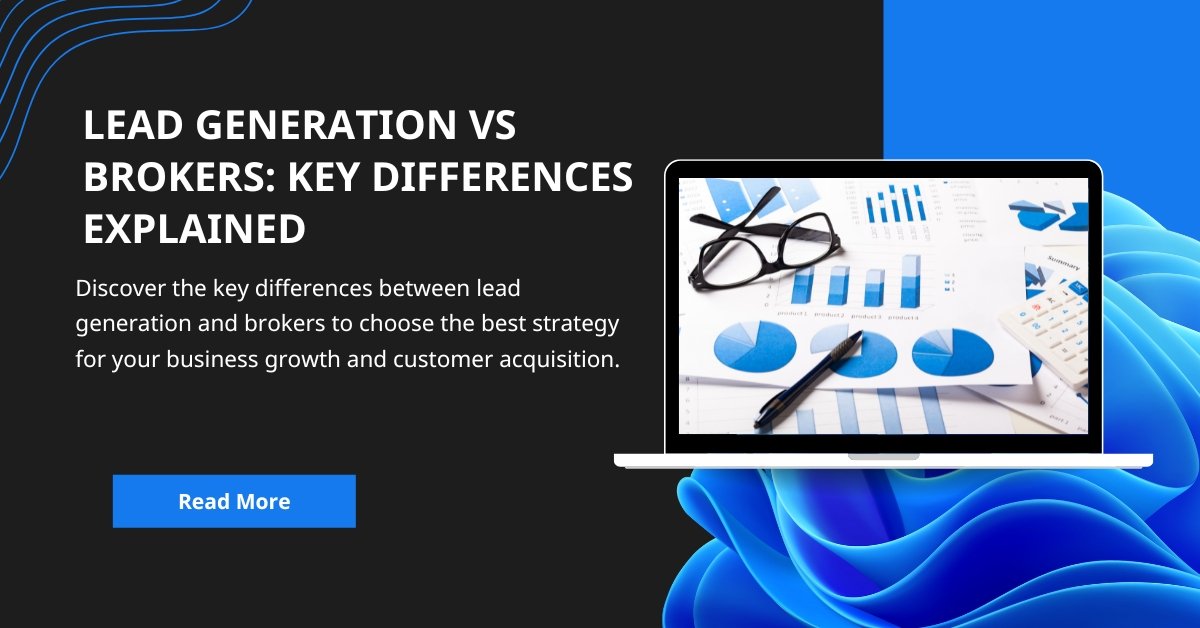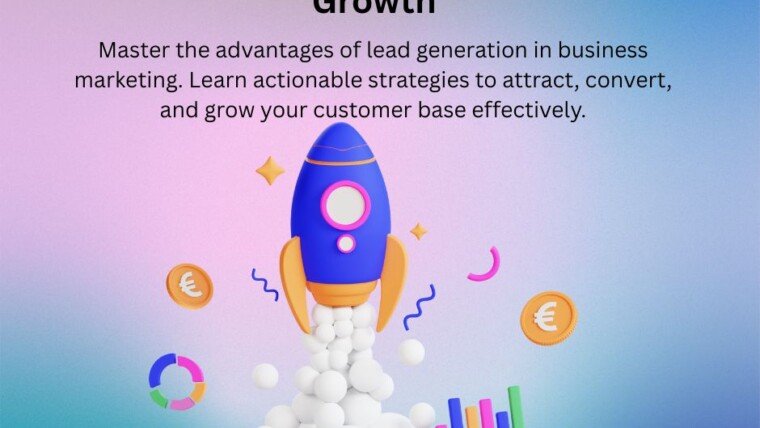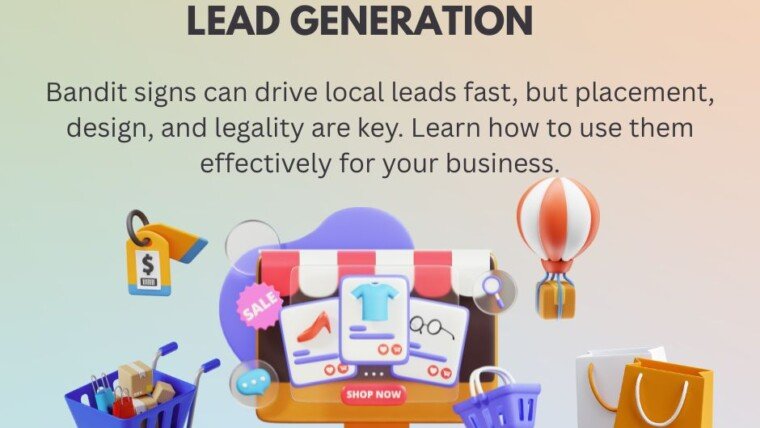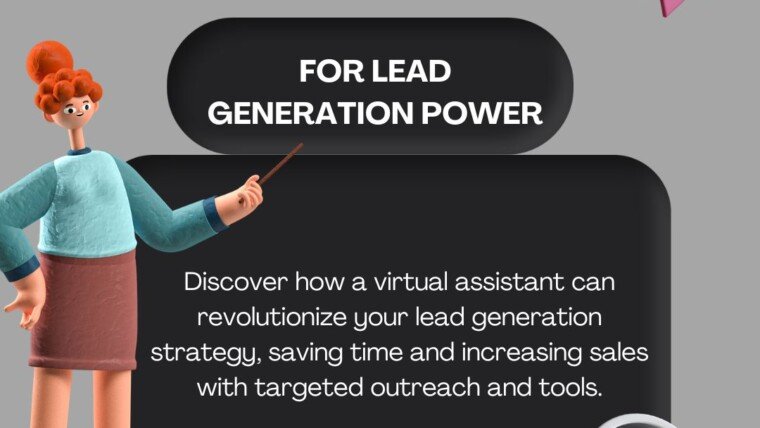Many businesses aim to connect with potential customers in order to make sales, but how they go about it can differ greatly. For instance, one way is through generating leads, that means finding and attracting people who have an interest in your products or services. A much different approach is to work with brokers, whose role is to take care of the buying side and help sellers close a transaction.
Even if both are concerned with forging and engaging in new business opportunities, their processes, targets and roles are dramatically different. Let’s take an in-depth view of each one to recognize the key qualities that distinguish them.
Defining Lead Generation
Lead generation at its core is the establishment of a place where potential customers, or “leads,” can be drawn in, captured, nurtured and eventually turned into paying clients. Companies commonly use a mixture of online and offline strategies to get leads and fill up their pipeline for new sales.
Common Lead Generation Methods
Content Marketing
By offering valuable content like blog posts or white papers, you locate prospects who feel that they are actively seeking solutions.
Email Campaigns
Personalized offers or news reaches people via opt-in email lists. To explore how telemarketing complements email strategies, check out our Lead Generation Telemarketing Guide.
Social Media Advertising
- Place ad at right edge of Facebook page, targeting users that have shown an interest in similar products
- LinkedIn ad, which can be highly targeted and thereby reach almost exactly the group you want to reach, will either appear on one or both sidebars of the company’s home page in this way shown by red arrows
Search Engine Optimization (SEO)
Rank for relevant searches so that people who are already interested in what you offer can find you and click through from Google
Pay-Per-Click (PPC) Advertising
Use Google Ads, Bing Ads, or other paid platforms to get immediate traffic to your site
The Role of Technology in Lead Generation
Modern, resource-constrained lead generation increasingly relies on technology such as Customer Relationship Management (CRM) software, marketing automation platforms, and business analytics. These tools enable companies to:
- Streamline processes
- Use data-driven decisions to qualify leads
- Track performance metrics
The overall aim is to create a sustainable, predictable system for attracting potential clients.
Understanding Brokers Compared
Brokers have a more direct and transactional role in business than lead generation. Brokers serve as middlemen who connect buyers and sellers in order to facilitate a service or transaction. They can be found in many different industries such as finance, real estate, insurance, and commodities.
Brokers’ Roles and Responsibilities
Connecting Parties
Brokers match sellers with interested buyers or clients seeking specific products or services.
Negotiating Deals
They use their expertise to advocate favorable terms for both sides.
Receiving a Commission
Brokers usually receive their fee from commission, which can be a percentage of the value of the successful transaction or deal after it takes place.
Certification and Licensing
Many brokers are subject to regulation and must meet certification standards such as: Real estate brokers in the U.S. need state licenses.
Examples of Brokered Industries
- Finance: Stockbrokers help people buy and sell stocks.
- Real Estate: Real estate brokers help people buy or sell properties.
- Insurance: Insurance brokers help clients buy insurance policies suitable for their needs.
How Brokers and Lead Generators Complement Each Other
Even though there are conflicting interests between brokers and lead generators, both can work together to bring about results more powerful than anything you could dream of alone.
Supporting Brokers with Lead Generators
Lead generation systems provide brokers with qualified leads. Instead of having to look for prospects all the time, they are free to concentrate on closing deals.
Turning the Tables on Lead Generation
Brokers, with their industry knowledge and networks of contacts, can assist enterprises in determining where to focus their lead generation efforts.
These are both weapons in your enterprise’s armory and the choice depends on your objectives, pocketbook, and industry.
Choosing the Right Method
In deciding whether to use lead generation or brokers, consider the following:
Industry
Are you in an industry where brokers are generally recognized, such as real estate or insurance? Or can your management handle its own pipeline through lead generation?
Budget
Lead generation can involve upfront investments in tools and campaigns, but offers scale. Brokers, on the other hand, only charge when they close deals.
Business Goals
If your objective is to build long-term relationships with clients, lead generation is more likely. For short-term, high-value transactions, brokers may be a better bet.
By understanding these differences, you can make an educated decision that meets the needs of your particular circumstance.








What is a Lead Magnet in Digital Marketing and Why Does It Matter?
Mastering Advantages Business Marketing
Do Lead Generation Companies Need Google My Business?
Do Bandit Signs Work for Generation of Leads